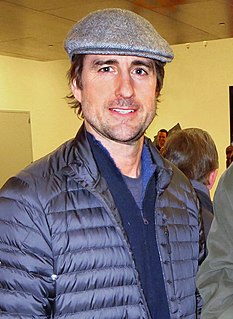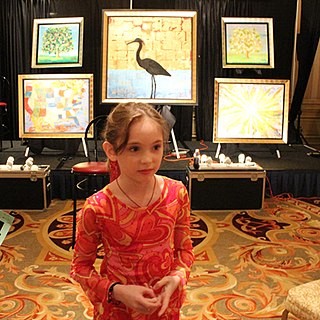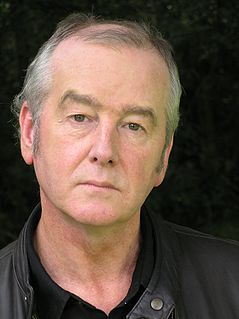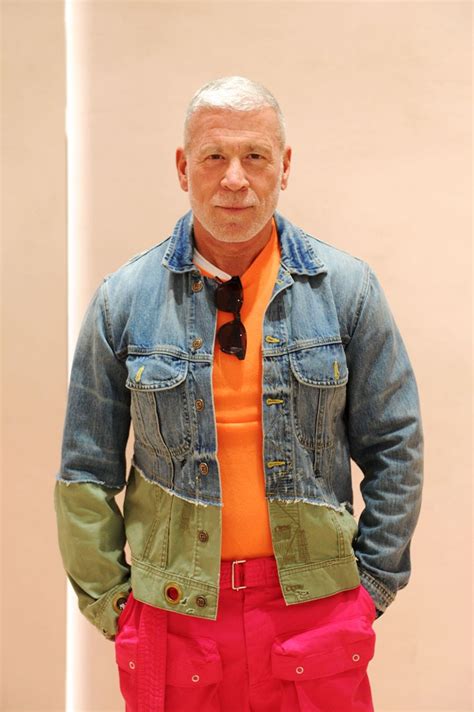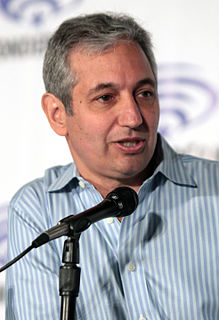A Quote by Jamie Hyneman
When I'm problem-solving with something, I have, effectively, a CAD program in my head that's like a room that has specific qualities to it that I go to some deal of effort to populate. Textures and smells, something like that.
Related Quotes
Usually when I'm painting something it takes a lot of focus. I have the room I go into called the white room. In my imagination when I'm really focused I go into that white room and all that's there is me, my painting, and my tools. There's no distraction. When I'm really concentrated I like to have it silent but when I'm doing something that doesn't have to be necessarily perfect, I can just go for it.
What visual information does is it creates priorities. You cannot know with certainty what lies behind something else. There are very few transparent materials in the natural world or the built environment. And so we deal with things superficially, and we deal with what's in front of us, not what's behind our head that we can't see, or to the left or the right. Visualists are often linear and timeline-oriented, whereas the natural condition and the natural way of problem-solving throughout evolution is to be multitasking.
Sometimes it's not like I write very specific, it's more like I add an atmosphere almost to something that might have been quite awkward in my mind from the beginning. Something has happened and I want to force myself to think of it in a more positive way. And then I force myself to write something that convinces me that this is actually something pretty good or something that I learned something valuable from.
He tilted his head to the side, still watching me in that same, disconcerting way. “Some things are true, drunk or sober. You should know that. You deal in facts all the time.” “Yeah, but this isn’t—” I couldn’t argue with him looking at me like that. “I have to go. Wait… you didn’t take the cross.” I held it out to him. He shook his head. “Keep it. I think I’ve got something else to help center my life.
The day-to-day microaggressions that we all face, yeah, you have to let some stuff slide, or you go, 'I gotta keep moving; there's bigger fish to fry.' It's something that I still deal with. But I've tried to have the audacity of equality and to follow my heart in those moments where I feel like something is wrong.
If you go into a studio without a set effectively, you've got a blue screen. As a DP you have to light it of what you think it should look like. You don't have any reference of what the background looks like. You might have some concepts, but effectively you're lighting it as what you think it should look like.

